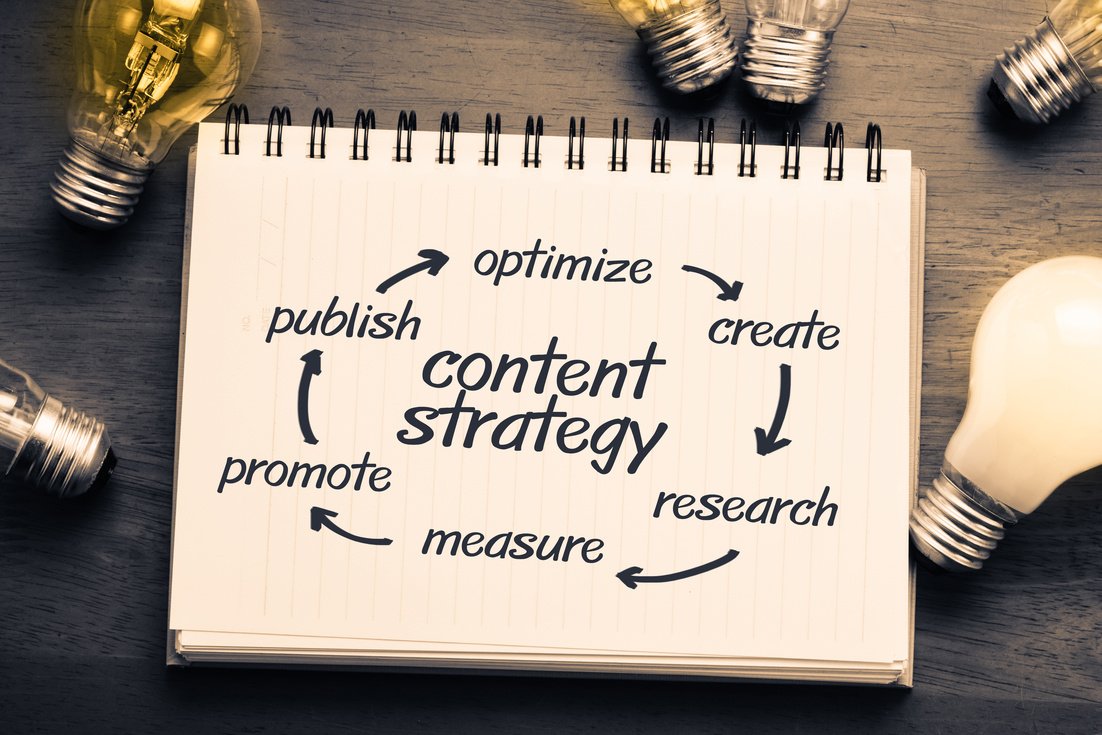In today’s fast-paced digital age, businesses must stay ahead of the curve to remain competitive. Digital marketing has emerged as a critical tool for reaching target audiences, building brand awareness, and driving sales. This article will explore the essential strategies for a successful digital marketing campaign and how businesses can leverage these tactics to achieve their goals.
Understanding Digital Marketing
Digital marketing encompasses all marketing efforts that use the internet or electronic devices. It involves various channels such as search engines, social media, email, and websites to connect with current and potential customers. The primary goal is to promote products or services, build customer loyalty, and increase brand visibility.
Key Components of Digital Marketing
- Search Engine Optimization (SEO): SEO is the process of optimizing your website to rank higher in search engine results pages (SERPs). This involves using relevant keywords, creating high-quality content, and improving site structure. Effective SEO increases organic traffic and enhances your website’s visibility.
- Content Marketing: Content marketing focuses on creating and distributing valuable, relevant content to attract and engage a target audience. This can include blog posts, videos, infographics, and eBooks. Quality content not only drives traffic but also establishes your brand as an authority in your industry.
- Social Media Marketing: Social media platforms like Facebook, Instagram, Twitter, and LinkedIn provide opportunities to connect with audiences, share content, and promote products. Social media marketing helps build brand awareness, foster customer relationships, and drive website traffic.
- Email Marketing: Email marketing involves sending targeted messages to your audience to nurture leads and build customer relationships. Personalized and segmented email campaigns can lead to higher engagement rates and increased conversions.
- Pay-Per-Click (PPC) Advertising: PPC advertising allows businesses to place ads on search engines and social media platforms, paying a fee each time someone clicks on the ad. This strategy helps drive immediate traffic to your website and can be highly effective when combined with other digital marketing efforts.
- Affiliate Marketing: Affiliate marketing involves partnering with influencers or other businesses to promote your products in exchange for a commission on sales generated through their efforts. This can expand your reach and drive sales through trusted third-party endorsements.
- Influencer Marketing: Leveraging influencers with a large following can amplify your brand message and reach new audiences. Collaborating with influencers to create authentic content can enhance your brand’s credibility and attract more customers.
Developing a Successful Digital Marketing Strategy
- Define Your Goals: Start by identifying what you want to achieve with your digital marketing efforts. Whether it’s increasing website traffic, generating leads, or boosting sales, clear goals will guide your strategy.
- Understand Your Audience: Conduct market research to understand your target audience’s demographics, interests, and online behavior. This information will help you tailor your content and campaigns to meet their needs.
- Create a Content Plan: Develop a content calendar that outlines what content you will create, when, and on which platforms. Consistency is key to keeping your audience engaged and building a loyal following.
- Optimize for Mobile: Ensure your website and content are mobile-friendly, as a significant portion of users access the internet via mobile devices. A responsive design enhances user experience and can improve your search engine rankings.
- Utilize Analytics: Use tools like Google Analytics to track the performance of your digital marketing campaigns. Analyzing data helps you understand what works, what doesn’t, and how to optimize your strategies for better results.
- Engage with Your Audience: Interact with your audience through social media, email, and other channels. Respond to comments, answer questions, and encourage feedback to build a community around your brand.
- Stay Updated: Digital marketing trends and technologies are constantly evolving. Stay informed about the latest developments and be ready to adapt your strategies to remain competitive.
Conclusion
Digital marketing is a powerful tool that can help businesses of all sizes reach their target audience, build brand awareness, and drive sales. By understanding the key components and developing a comprehensive strategy, you can harness the full potential of digital marketing to achieve your business goals. At Weboon, we are dedicated to helping businesses navigate the digital landscape and succeed in their marketing efforts. Contact us today to learn more about how we can support your digital marketing journey.

